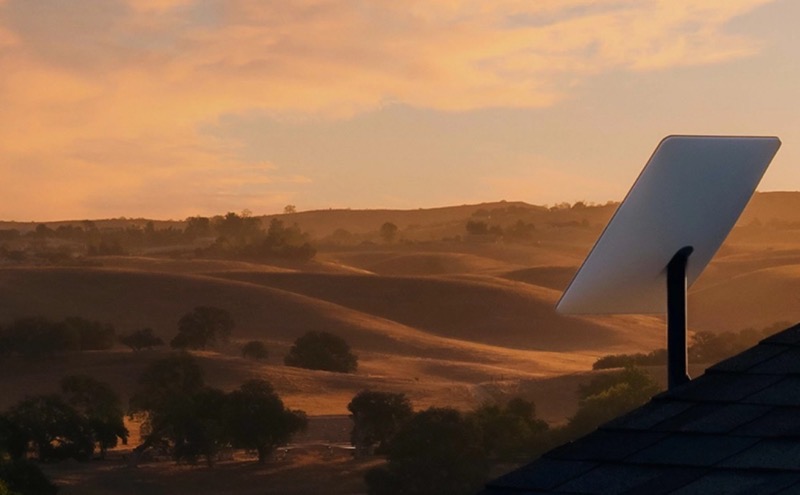
Trump Asks Elon Musk to Get Starlink Deployed in Georgia
Former President Donald Trump said he has spoken to Elon Musk about deploying Starlink satellite services to restore communications in areas devastated by Hurricane Helene.
During a visit to Valdosta, Georgia, on Monday, Trump highlighted the urgent need for connectivity in impacted communities.
“We want to get Starlink hooked up, because they have no communication whatsoever,” Trump said, referring to Musk’s satellite internet service, reports Bloomberg. “We’re going to try and get Starlink in there as soon as possible, because they have no communication. And throughout the region, our hearts are with you, and we are going to be with you as long as you need it.”
The storm, which has left over 100 people dead and many unaccounted for, tore through Florida, Georgia, and North Carolina, causing widespread flooding and power outages. The disaster has shifted the focus of the 2024 presidential race, with both Trump and Democratic rival Vice President Kamala Harris pledging to support recovery efforts in key battleground states.
“Elon will always come through,” Trump added, emphasizing Musk’s reliability as one of his prominent backers.
The Federal Emergency Management Agency (FEMA) said yesterday Starlink satellites have been sent into North Carolina to help with the lack of communication. We’ve already seen citizens set up Starlink satellites privately for citizens to use, well ahead of any federal government response.
Some have argued North Carolina would have nearly 20,000 Starlink kits, if it wasn’t for the FCC denying and revoking SpaceX as the winning bidder to supply rural areas with internet.
FYI – North Carolina would have 19,522 working @Starlink kits available today after Hurricane Helene had the FCC not revoked in bad faith the grant that was awarded to SpaceX as the winning bidder. pic.twitter.com/oXqTuyFBAc
— ALEX (@ajtourville) September 30, 2024
SpaceX recently launched its Dragon Crew-9 mission, which docked with the International Space Station (ISS) about 28 hours after being launched into orbit by a Falcon 9 rocket at 1:17 p.m. ET on Saturday, September 28, from Space Launch Complex 40 at Cape Canaveral Space Force Station in Florida. The Crew-9 Mission will bring home two stranded NASA astronauts in February, after the failures of Boeings Starliner, which left the crew stranded on the ISS.


